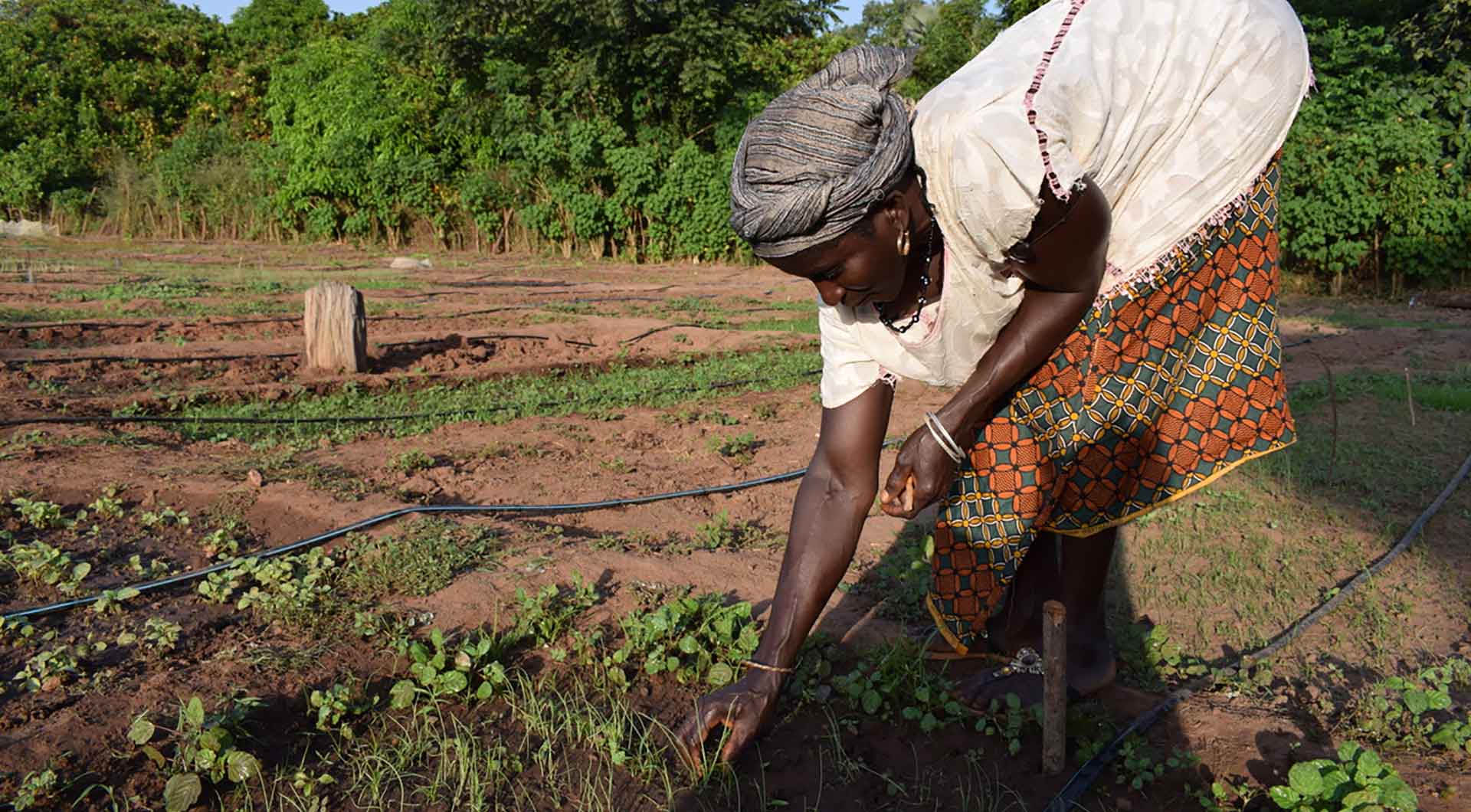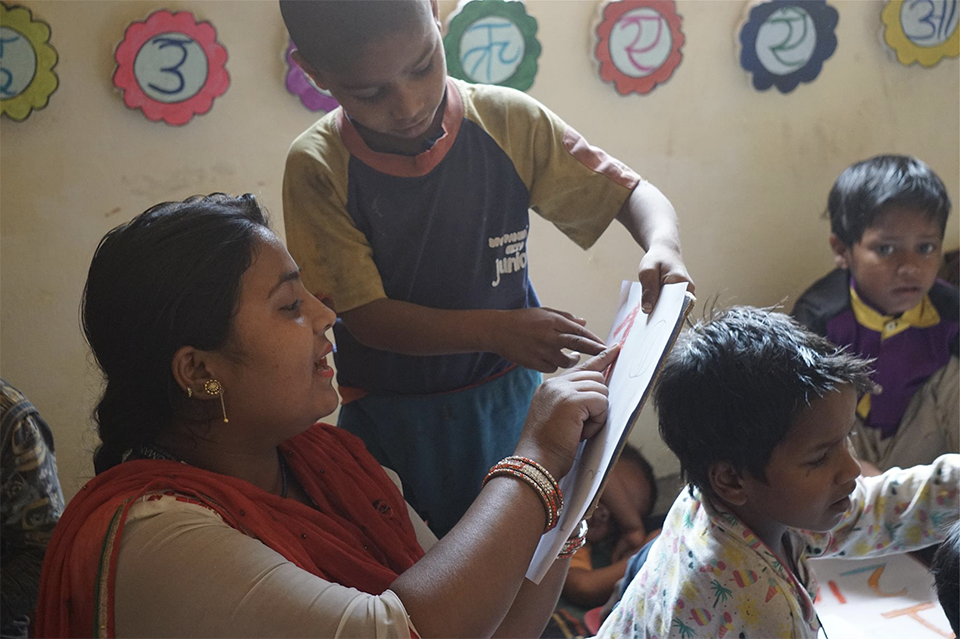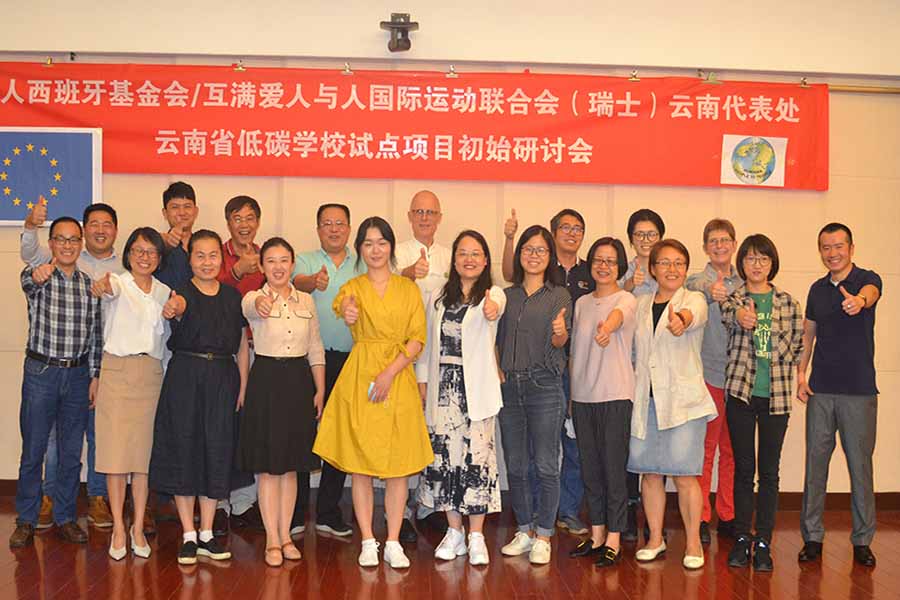
Education is the foundation for peace, solidarity, inclusiveness and sustainable development. It is a fundamental human right for everyone, yet in India millions of out-of-school children are being denied access to learning. Kadam Step-Up programme is engaging tens of thousands of out-of-school children in accelerated learning for Grade 1-5 primary school education.

From 29 May – 2 June, focus will be on Global Action Week on Education (GAWE). Humana People to People India, one of our 29 members, will be showcasing Kadam Step-Up programme, an initiative giving access to education to out-of-school children in disadvantaged communities of India. The model of education seeks to inspire and complement public education in India. Kadam Step-Up programme is Humana People to People India’s positive reaction supporting children’s access to primary school education following India’s enactment of the Right to Education Act of 2009.
According to the recent UNESCO report for 2022 it is estimated that 244 million children aged between 6 and 18 are still out of school globally. Central and Southern Asia region has 85 million out-of-school children. As many as 1.2 million children across India are projected to be out of school in the year 2022-2023, this is according to government of India’s Ministry of Education. On average, a significant proportion of families having out-of-school children are migrants who migrate across states of India for economic and social reasons. For India, the objective of Sustainable Development Goal 4: quality education for all by 2030, set by the United Nations, risks not being achieved as long as so many of out-of-school children are denied their right to education.
Humana People to People India developed the Kadam Step-Up Programme specifically for out-of-school children between the age of 7-14 years. Kadam Step-Up programme gives children access to education, helps them to acquire national identification documents and a chance to get access to public services. Kadam step-Up programme is implemented in cooperation with the state governments and with support from various national and international partners.
Through Kadam Step-Up programme children have an opportunity to access effective accelerated learning, tailor made to bridge their learning gaps, leading to their integration in age-appropriate grades and follow-ups on retention in the public schools. In Kadam Step-Up programme, children take part in multi-grade classrooms designed to plug out learning gaps for varied age groups with each class having not more than 30 children and a teacher.
Pedagogy driving Kadam Step-Up programme supports children to learn and continue learning the fundamentals of reading, writing and developing social skills through learner-driven methodology. One defining character of Kadam Step-Up programme is integration of real-life skills in children along with fostering formal learning skills to help children develop diverse qualities early in life. Children take part in lively knowledge production directly connected with understanding reality with the end result of practical actions of change.
A conducive learning environment for children is created in Kadam Centres as way of celebrating progress and eliminating ranking of children on competitive basis. Such innovation and inclusiveness have been recognised by many states in India with agreements for expansion.
Parents and the community play an important role in the education of each child enrolled in the Kadam Centres. Humana People to People India sensitise parents on importance of education and encourage them to send children to local Kadam Centre. Further, regular involvement of parents and members of the community in children’s education makes them an inseparable part of the entire learning process helping to achieve school retention of children and valuing education among migrant families, semi-peri-urban areas and urban slums.
The Kadam Step-Up programme provides enhanced learning in the nature of academic and soft skills, through an innovative 10-steps process and theme-based approach including extra-curricular activities as part of delivering an all-round education. This multi-graded learning environment in the classroom helps children learn progressively from one step to the next at their own pace. Small groups of three (TRIOs) are formed to encourage interactive learning and help children support each other in advancing the Steps.
The thematic learning is carried out every month to develop social, emotional and life skills of the children. When the child reaches a learning level appropriate to his or her age, he or she is integrated in the formal schooling system. The Kadam programme is a combination of a curriculum designed for accelerated learning of children and teacher capacity building keeping in mind the specific needs of out-of-school children and an easy to implement set of practices which eases the integration of the graduating students in formal public schools.
Humana People to People India developed Kadam Step-Up programme as a low-cost and scalable education model with capacity to fast-track integration of children in primary schooling. The resulting success of Kadam Step-Up programme in the state of Haryana, India proves its impact. 124,392 out-of-school children were engaged in Kadam Centres of learning in the state of Haryana between 2016 and 2022. From the total 96,036 have completed their accelerated learning and have been integrated in their age-appropriate primary school grades in public schools.
Following the success of the first Kadam project, Humana People to People India has expanded and opened new Kadam Centers in other states across the nation in Haryana, Chhattisgarh, Maharashtra, Uttar Pradesh, which are the states with the most out-of-school children. Since the inception of Kadam, more than 190,000 out-of-school children, as of 30th April 2023, have completed the programme and have been integrated into regular classes, which in turn has also helped the local economy and parents alike.

